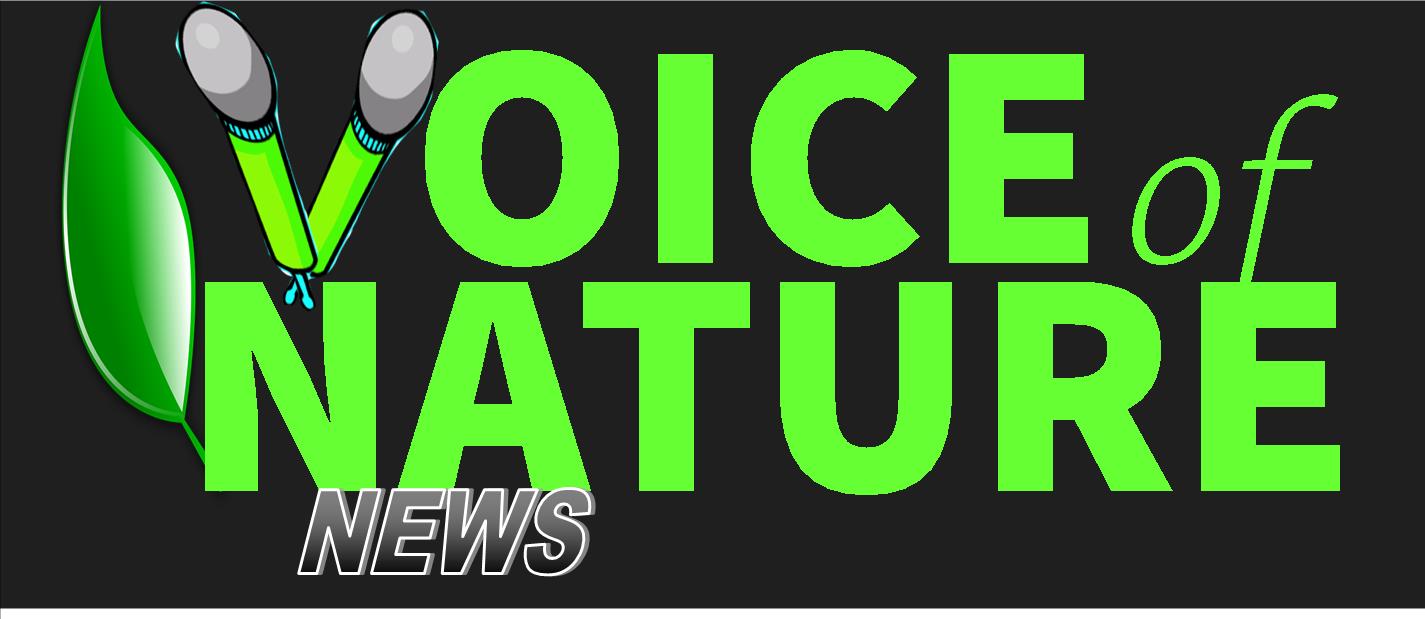Women once again were at the centre of attraction as Cameroon joined countries the world over to commemorate this year’s edition of the International Women Day under the theme press for progress. In all ten Regions of Cameroon, women came out in their number celebrating the social, economic, cultural and political achievements of women. Though very little or no reference has been made over the years about the achievements of women in biodiversity conservation and natural resources management, they remain very significant actors in biodiversity conservation and or depletion across the country and the world at large.
Though a often left out during decision making, planning and setting up strategies for the protection the environment, there are a good number of women in Cameroon that have been able to brave the odds and are championing natural resources management and biodiversity conservation in Cameroon. We have Director of Younde based NGO known by its French acronym, CAFER, Mrs. Albertine Tchoulack, who has over the years dedicated herself to campaigning for the implementation of environmentally friendly alternatives. There is also the Divisional Delegate of Forestry and Wildlife for Lebialam, Madam Ikome Delphine, who is playing a veritable role in ensuring the conservation of forest resources and wildlife in that Divison. This area is host to a protected area (the Tofala Hill Wildlife Sanctuary) and a proposed protected area (Proposed Mak-Betchou Wildlife Sanctuary) providing safe haven to globally important species like the Cross River Gorilla, Cameroon Nigerian Chimpanzee, African elephant and a host of other animal, birds and tree species. We equally have a host of them in the educational milieu like Manga Ebot (Ph.D) & Mabel Wantim (Ph.D) of the University of Buea, Madam Akeh Nug of the ERuDeF Institute of Biodiversity and Non-Profit Studies and many others, who have trained and are still training young Cameroonians, many of whom are contributing greatly to the sustainable management of Cameroon’s biodiversity.
Though making great strides in conserving Cameroon’s biodiversity, most women in forest adjacent communities are noted as key contributors to biodiversity depletion. They manifest this through traditional farming practice like slash and burn, which sometimes generate fire that extend into protected areas destroying biodiversity species. Also, due to lack of accessibility to land, many women turn to encroach into protected areas with farms, fragmenting wildlife habitats. This is the case with almost all protected areas in Cameroon.
Despite the cardinal role of women in biodiversity conservation and the sustainable management of natural resources, no International Women’s Day seems to have focused on this thematic area. There is thus, the need to also use a day like this to equip women with knowledge on the importance of biodiversity conservation, for there is no way any meaningful success can be made in the conservation of the world’s biodiversity without the engagement and education of the women folks. So as women use this day to fight for their rights, the fight for biodiversity conservation and environmental protection should equally be given a pride of place by the women.
By Bertrand Shancho Ndimuh







